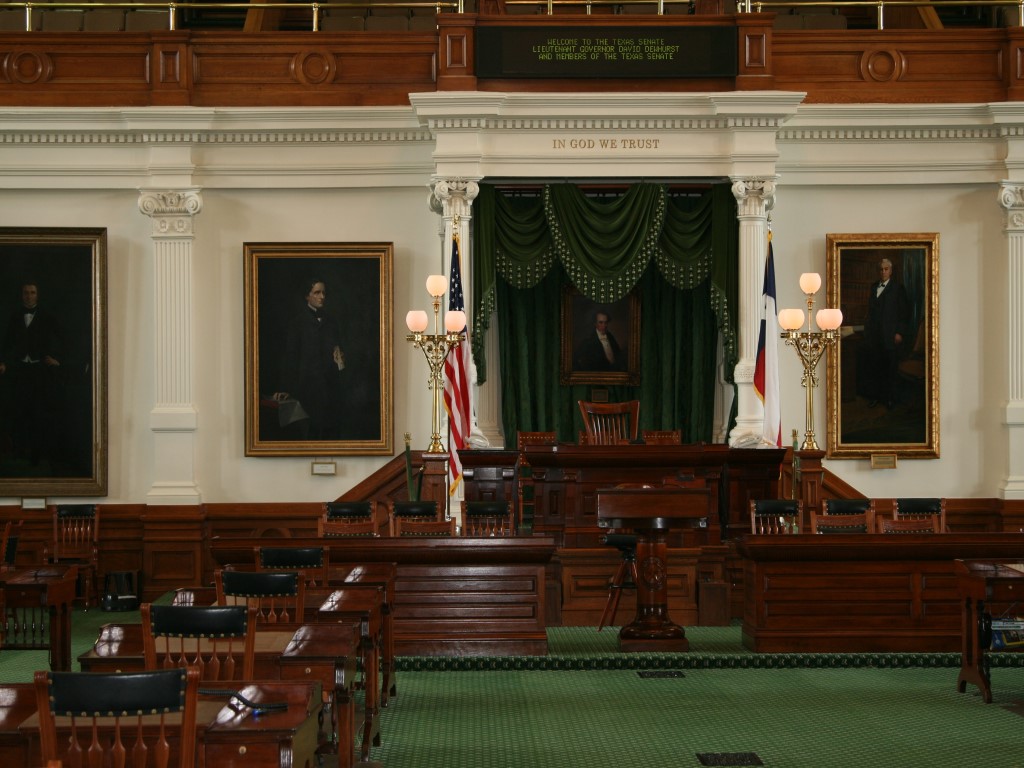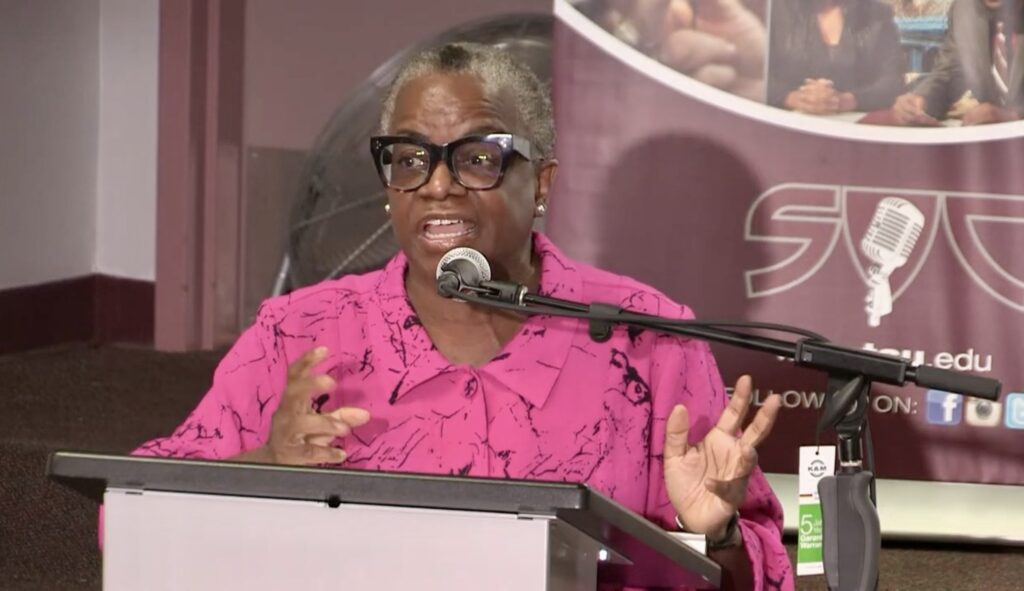Critical Race Theory in the Lone Star State
Written by Christina Abay on July 17, 2021

Many Houston residents believe that Texas legislators intentionally misrepresent critical race theory in order to further polarize the state.
Recently, Texas Governor Greg Abbott signed legislation restricting how current events and America’s history of racism can be taught in schools. House Bill 3979, dubbed the “critical race theory bill,” is the latest tactic to galvanize the Republican base to oppose recent reexaminations of the role of slavery and segregation in American history, as well as attempts to rectify those historical wrongs.
The contentious debate that has recently erupted between the two parties and their constituents— critical race theory. The basic elements of CRT arose in the late 1970s and early 1980s from a framework for legal study. Scholars examined how racial inequity persisted even after the civil rights movement passed several landmark civil rights and anti-discrimination laws.
Jackie Anderson, president of the Houston Federation of Teachers, discusses the fundamental concepts of the 40-year-old discipline.
“The core idea is that race is a social construct and that racism is not merely the product of individual bias or prejudice, but also something embedded in legal systems and policies,” Anderson said.
Examining the nation’s lengthy history of institutionalized racism pushes conservative politicians and pundits to confront the inequalities endured by African Americans throughout the years.
“A good example is when, in the 1930s, government officials literally drew lines around areas deemed poor financial risks, often explicitly due to the racial composition of inhabitants. Banks subsequently refused to offer mortgages to Black people in those areas,” Anderson explained.
In effect, the academic discipline has become the GOP’s latest target. The Republican Party in Texas and throughout the country has enacted a slew of new restrictions aimed at rewriting the nation’s history to conform to the dominant ideology.
Anderson illuminates one possible reason why conservative politicians in Texas misrepresent critical race theory.
“One reason might be that the emphasis in the text of the bills, in Texas and in other states, is often on ensuring that White students not be made to feel racist and that conservative ones not be made to feel isolated by their views,” Anderson said.

She elaborates that the language used in these bills is startling and extremely indicative of the tone desired by the prevailing culture.
“In Texas’s bill, after three short sections establishing that students can’t be required to receive academic credit by working for organizations also involved in lobbying and that teachers can’t be required to attend training sessions that attribute “blame on the basis of race or sex,” there is a very long and telling section, which is present also in bills in other states,” Anderson said.
It prohibits instructors and administrators from implying that an individual’s moral character, status, or worth are inextricably linked to his or her race or sex. The law stipulates that no student should face “discomfort, guilt, anguish, or any other form of psychological distress” due to their race or gender. Additionally, it prohibits any instruction that meritocracy or traits such as a strong work ethic are inherently racist or sexist.

Dexter Maryland, Texas Southern University SGA attorney general, weighed in on the latest breach of teachers’ rights in the classroom.
“The answer is clear, the misrepresentation comes from their obliviousness to the sins this government has taken part in to keep minorities behind and at a disadvantage,” Maryland said.
Dexter Maryland, TSUSGA Attorney General
On closer examination, the bill appears to be attempting to protect students from associating their success with their race, as well as the systematic marginalization of African Americans in the past and present. While HB 3979 does not seek to rewrite history, it does seek to absolve students of historical accountability.
“I think that in all ways this infringement is one that has no substance because the curriculum was never meant for grade school or under-grad, the studies were meant for law students. This act was full of cowardness due to the powers at be being afraid that their limitations set against us will be revealed,” Maryland said.
How did an academic discipline that dates all the way back to the late 1970s develop into such a contentious issue in the modern era?
The reality is that this country’s ingrained racism began well before 1776 and continues to pervade nearly every aspect of Black and Brown Americans’ daily lives, historians said. As a result, many scholars believe that the Republican Party has weaponized critical race theory in order to disseminate misinformation about this country.
Anderson discussed the battle educators are facing in Texas as a result of the recently enacted legislation.
“Educators believe that teaching America’s true history doesn’t teach kids to hate each other—it actually informs them, encourages them to think critically, inspires them to embrace tolerance, and allows them to be more engaged stewards of our multiracial, multiethnic society. Teaching an honest account of our country’s past helps our students discern fact from fiction and build the skills to draw their own conclusions,” she said.
With Governor Abbott’s signature, Texas joins a small number of states that have enacted similar legislation prohibiting the teaching of “critical race theory” in elementary and secondary public school classrooms. The bill will take effect on Sept.1, just in time for the 2021-2022 school year.






